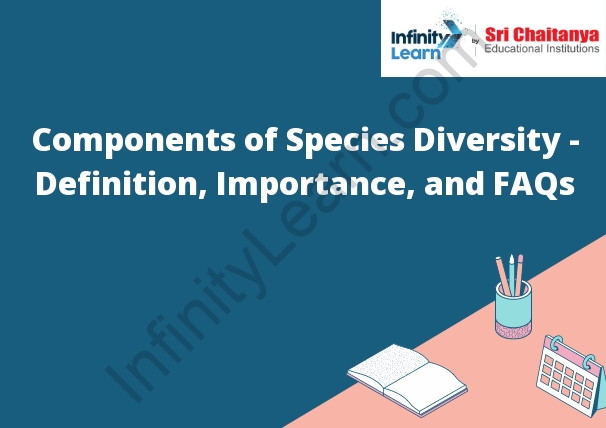Table of Contents
Species Diversity Definition
The definition of species diversity is the number of different species of organisms in a given area or ecosystem. This can be measured in terms of the number of different species present, the abundance of each species, or the variety of species present.

Biodiversity
loss is the decrease in the variety of life forms on Earth. It can refer to the loss of individual species, populations of species, or entire ecosystems.
Biodiversity loss is a serious problem because it reduces the planet’s ability to provide goods and services that are essential for human well-being. For example, a diverse ecosystem is more likely to be able to resist disease and pest outbreaks. It is also better able to recover from environmental disasters.
Biodiversity loss also has serious implications for human health. For example, when species are lost, the planet’s ability to produce oxygen and clean water diminishes. And when ecosystems are destroyed, the plants and animals that once lived there may lose their ability to adapt to new environments, which could lead to the emergence of new diseases.
Genetic Diversity
Genetic diversity is the variation of genes within a species. This variation can be found among individuals, within populations, and among species. Genetic diversity is important for the survival of a species because it allows for natural selection and adaptation to occur. It also helps to prevent the development of genetic diseases.
Species Diversity
The number of species in a community and the relative abundance of each species
Species diversity is a measure of the variety of life in a community. It is calculated by counting the number of species in a community and the relative abundance of each species. Species diversity is usually used to describe the variety of life in an ecosystem, but it can also be used to describe the variety of life in a population or a genus.
There are several ways to measure species diversity. One way is to count the number of species in a community and the relative abundance of each species. This is called the species richness and evenness. Species richness is the number of species in a community, and evenness is the relative abundance of each species. Another way to measure species diversity is to calculate the Simpson’s diversity index. The Simpson’s diversity index is a measure of the evenness of a community. It is calculated by dividing the number of species in a community by the number of pairs of species.
Species diversity is an important measure of the health of an ecosystem. A high species diversity indicates that the ecosystem is healthy and has a high level of biodiversity. A low species diversity indicates that the ecosystem is in danger of losing species and is not as healthy.
Ecological Diversity
Ecological diversity is the variation of life in all of its forms and the ecosystems in which they live. It includes the genetic, species, and ecosystem diversity of the Earth.
Ecological diversity is important because it provides a variety of lifeforms and ecosystems that can be used to meet human needs, it supports the stability of ecosystems, and it is the foundation of biological diversity.
Ecological diversity is threatened by habitat destruction, climate change, and the introduction of non-native species.
Species Diversity in India
India has a great diversity of plant and animal species. The country has about 45,000 plant species, out of which about 12,000 are endemic. The country has about 1,350 species of birds, out of which about 460 are endemic. The country has about 590 species of mammals, out of which about 190 are endemic.
Importance of Species Diversity to the Ecosystem
Species diversity is important to the ecosystem because it ensures that the ecosystem is able to function properly. If there were only a few species in an ecosystem, it would be more susceptible to being disrupted or destroyed. Diversity ensures that there is a variety of life forms present, which helps the ecosystem to be more resilient. Additionally, diversity is important for the health of the ecosystem because it helps to maintain the balance of the ecosystem. When there is a high level of diversity, it means that there is a wide variety of niches and habitats that different species can occupy. This helps to keep the ecosystem functioning properly and prevents any one species from dominating the ecosystem.









